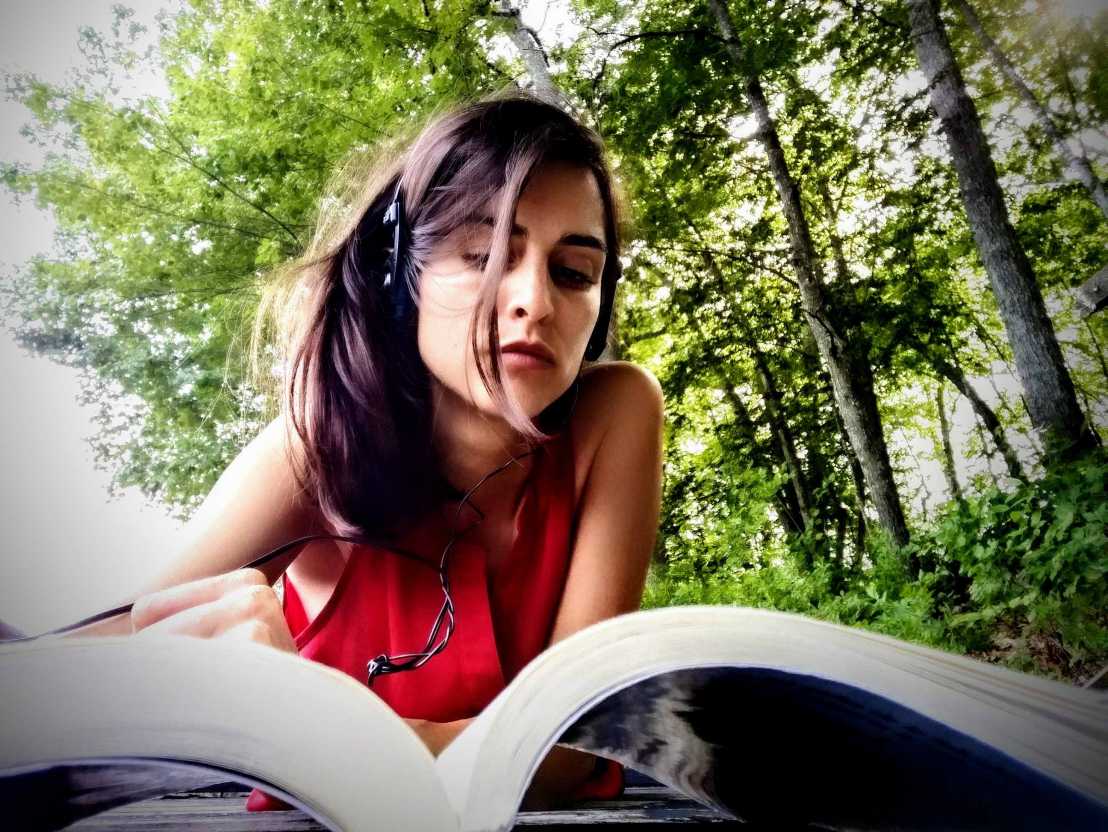Meet Aleksandra Ozga working on molecular pathways in tumor cells
The immuno-oncologist from Poland already obtained her doctoral degree in Switzerland before moving to Boston (USA), where she gained experiences in experimental immunology at the Massachusetts General Hospital. Having started her post-doctoral position in the Systems Physiology lab of Andreas Moor on 1 June, Aleksandra is looking forward to the skiing season.

What did you know about D-BSSE before you came here, and what was your motivation to come to ETH Zurich?
I knew that D-BSSE is a very interdisciplinary department combining cutting-edge technologies to address urgent scientific questions. I also heard about a rich offer of workshops, courses, introductory lectures and a post-doc association club. However, the primary motivation was scientific: I am interested in cellular and molecular signals operating within niches of tumors that support different cellular states and cancer progression. The laboratory of Andreas Moor was a perfect match for my scientific interests. I also liked the young spirit and passionate vibe of the laboratory.
What were your expectations, and were your expectations met since you arrived in Basel?
I was expecting to meet open-minded people that are welcoming to various backgrounds and cultures. My first impressions are very positive, and I enjoyed my first get-together close to the river Rhine. I just started, so I still have a lot to discover about the lab, Basel and science. I hope to find some tango classes soon and start improving my German.
What were your first impressions?
Thus far, I only had a chance to interact with people from my laboratory, which is very positive. I am looking forward to working with all of my colleagues and sharing some time outside of work. I also want to thank the HR administration for facilitating the paperwork, the IT team for setting up all emails and software packages. I am already super optimistic about the mouse core facility, from which I got a lot of help while writing the animal protocol and learning new techniques.
Which research will you pursue at D-BSSE?
I am enthusiastic about starting the project that was successfully funded by an Individual Marie Curie Fellowship in which I focus on understanding the role of nerves in pancreatic adenocarcinoma (PDAC) progression. I want to use novel spatial transcriptomic approaches and niche labelling tools to dissect molecular and cellular pathways operating within PDAC that support the stem-like, dormant character in tumour cells, their aggressiveness and metastatic potential, as well as immune escape. So, the idea is to understand how the host micro-environment and its cellular and molecular components support these tumor cell states associated with tumor progression and aggressiveness and metastasis. I am looking forward to introducing a new animal model of PDAC to the laboratory, learning the latest techniques and hopefully dissecting some unexpected biological mechanisms. I am an immunologist, and I hope to contribute to other ongoing projects in the lab and possibly in external collaborations.
Which hobby (or personal interests) do you hope to pursue in Switzerland?
I have a lot of plans but let's see what will be feasible. To reveal some, I miss dancing as, during the lock-down time and pandemic, it was a complicated activity to pursue. I am looking forward to starting the tango classes as soon as I find an apartment in Basel. I also hope to resume skiing, and hopefully, after five years of break, I am still able to go downhill safely. I also love languages, so I want to start improving my German skills soon. I like to learn new things, so let's see what Basel will bring for me.
Many thanks, Ola, sounds like you had a good start at D-BSSE! All the best for your many plans, be it in the labs, along the Rhine river or in the Swiss mountains!
Aleksandra (Ola) Ozga studied Biotechnology and obtained her first training in the Immunology Research Laboratory at the Jagiellonian University, Krakow, Poland. Motivated by the motto «Seeing is believing», she joined the group of Prof. Jens Stein at the Theodor Kocher Institute, University of Bern, Switzerland, for her PhD thesis. She applied cutting-edge microscopy techniques to dissect dynamic and spatial regulation of cytotoxic T-cell responses in secondary lymphoid tissues. In 2016, Aleksandra obtained an SNSF early postdoc mobility grant to study molecular drivers of T-cell dysfunction in chronic viral infection. For the last five years, she carried out her research in the group of Andrew Luster at the Massachusetts General Hospital, which is part of the Harvard Medical School, Boston, USA. She describes her USA-adventure as a challenging but rewarding experience during which she had the opportunity to work on various murine models of human diseases with constant feedback from medical doctors who were an essential part of the department. She also gained her first experience in training younger scientists, something she enjoyed a lot and hopes to pursue during her future career. As she missed Europe, she was searching for opportunities to work «in a multidisciplinary team of scientists that apply cutting-edge technologies to harness the power of the immune system to fight cancer». The laboratory of Andreas Moor was a perfect match for her scientific interests, and its young and passionate vibe was a substantial factor in making her decision. Aleksandra received a Marie Curie Fellowship, and together with Andreas and his team, she will research the micro-environment of pancreatic adenocarcinoma.
Learn about the Systems Physiology lab led by Andreas Moor.